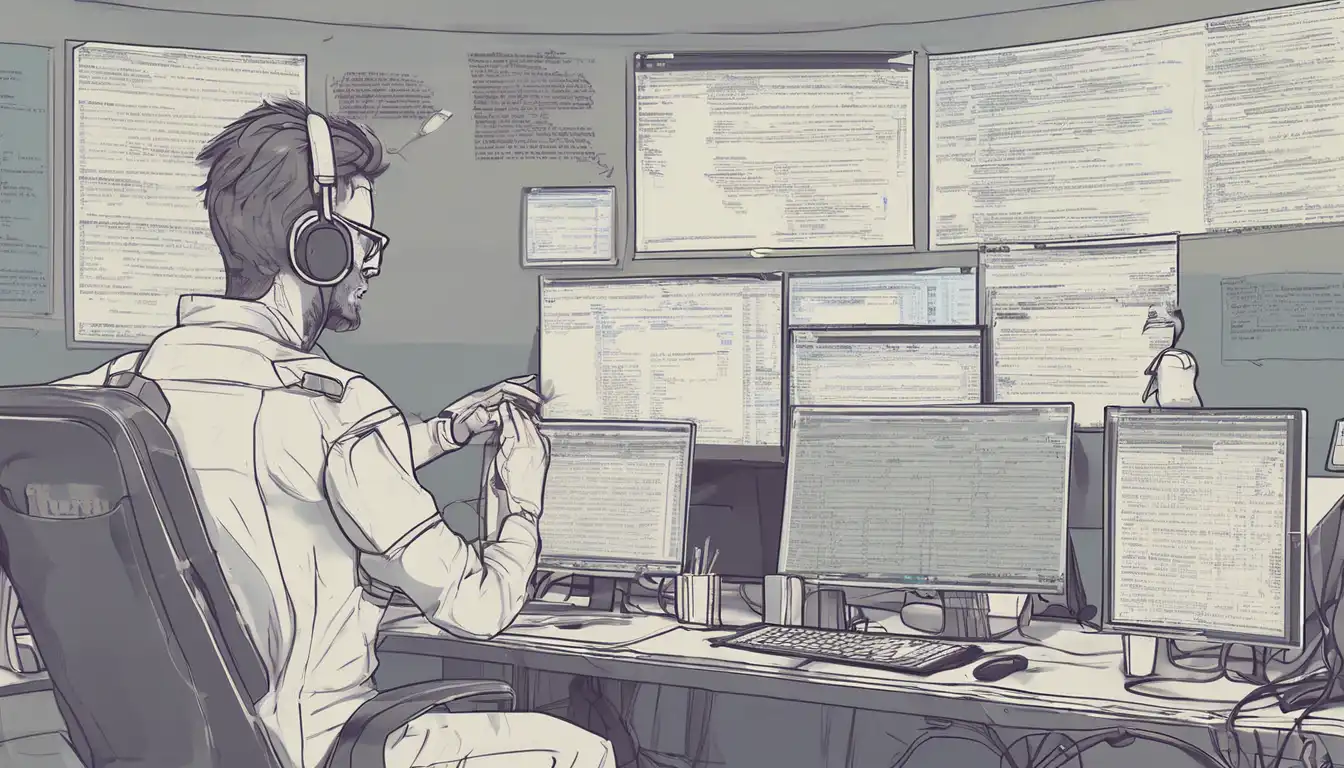Introduction to Professional Code Debugging
Debugging is an essential skill for any programmer, yet many struggle with it. This guide will walk you through the professional techniques to debug your code efficiently, saving you time and frustration.
Understanding the Debugging Process
Before diving into debugging, it's crucial to understand what it entails. Debugging is the process of identifying and removing errors from your code. It involves a systematic approach to problem-solving that can be broken down into several steps.
Step 1: Reproduce the Problem
The first step in debugging is to reliably reproduce the issue. This means understanding the conditions under which the error occurs and being able to replicate them consistently.
Step 2: Understand the Error Message
Error messages are your friends. They provide clues about what went wrong. Learning to read and understand these messages is a critical skill in debugging.
Step 3: Isolate the Problem
Once you've reproduced the error, the next step is to isolate the part of the code that's causing the issue. This can involve commenting out sections of code or using debugging tools to step through the code execution.
Step 4: Fix the Error
After isolating the problem, you can work on fixing it. This might involve rewriting a section of code, correcting a logic error, or updating a dependency.
Step 5: Test Your Fix
After applying a fix, it's important to test the code to ensure the problem is resolved and that no new issues were introduced.
Advanced Debugging Techniques
Beyond the basics, there are advanced techniques that can help you debug more effectively. These include using breakpoints, logging, and unit tests.
Using Breakpoints
Breakpoints allow you to pause the execution of your code at a specific point. This can be incredibly useful for examining the state of your application at the moment an error occurs.
Logging
Logging involves writing information about your program's execution to a log file. This can help you track down issues that are difficult to reproduce.
Unit Tests
Unit tests can help you catch errors early by testing individual components of your code in isolation. Writing tests for your code can save you time in the long run by preventing bugs before they occur.
Conclusion
Debugging is a skill that improves with practice. By following a systematic approach and utilizing the right tools, you can become more efficient at identifying and fixing errors in your code. Remember, the goal is not just to fix the current issue but to improve your coding practices to prevent future bugs.
For more tips on improving your coding skills, check out our guide on coding best practices.
